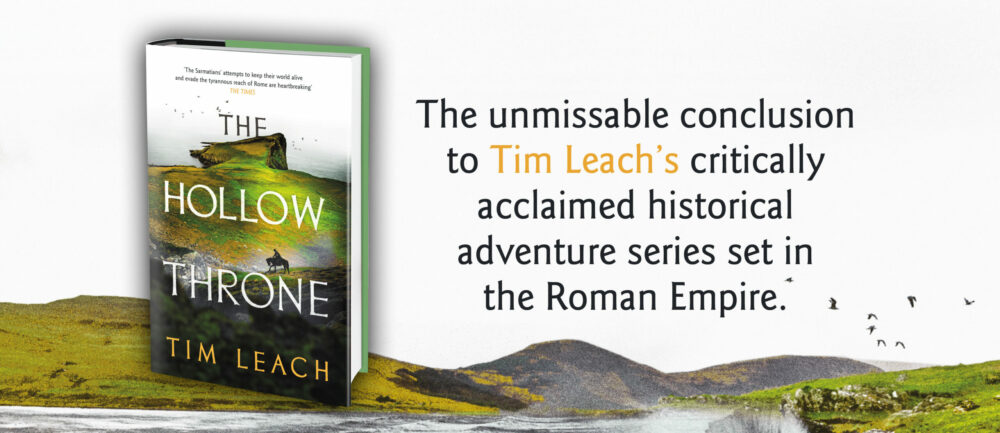There are two main activities in my life – writing and rock climbing. In one, I have achieved a professional standard. In the other, I am merely an enthusiastic amateur.
There are a number of reasons for this. I’ve been writing longer than I have been climbing (10 years vs 3 years), and I think I have a better natural aptitude for writing books than climbing rocks. But much of it is down to approach, my methods. I would be a much, much worse writer if my approach were less professional. If I approached climbing the way I approached writing, I would be a much stronger climber.
Indeed, my approach to climbing is a good guide on what not to do when it comes to writing, or any other activity that is a recreation to most and a profession to the few. Here are a few amateur habits to avoid if (and it’s a big if) you want to turn professional…
Being Ruled by Mood
I have a routine of climbing, 3 or 4 times a week, that I stick to quite well. But when I don’t feel like climbing, I don’t. When I don’t want to push myself, I don’t.
Of course, a lot of the time I don’t feel like writing. I do it anyway, every day, because that’s what professionals do. Sometimes it’s a miserable business, and I write terribly. And yet still, I write. Any day spent writing, no matter how badly, is going to be better for your development than a day you don’t write. Equally with a sport, it’s pushing beyond that threshold of boredom, exhaustion and suffering that gets you to peak performance.
Refusing to Train Your Weaknesses
Even when I do climb hard and push myself, there’s plenty of stuff I still won’t make myself do. I don’t like roof problems, powerful moves off slopers, or scary runouts. I like fingery technical face climbing, bridging corners, and jamming cracks. When I go out to climb, invariably I’ll pick something that suits my style, and avoid the kind of climbs that show up my weaknesses. After all, I might look foolish, struggle on something easy, and that wouldn’t be very much fun.
In writing too, we all have our comfort zones, usually a genre or a setting that we can relax into like an old comfortable sofa. We all have the areas of writing we dislike – for some it is dialogue, others action. Some struggle with structure, others with style. But we must work ferociously hard to improve in the areas we are naturally weak, or we become lopsided in our development, hobbled by our flaws. And it is only when the work challenges us most that it truly begins to mean something.
Being Distracted by the Social Side
I can go to the gym or out to the crag and barely climb at all. This weekend, for example, I climbed precisely one route of moderate difficulty. One route in two days of glorious weather! But that doesn’t matter, I had a grand old time out in the hills with my friends. When I go to the climbing gym, it’s as much to lounge around and drink coffee with some fine folks as it is to pull hard and get strong.
Initially, this would seem difficult to do with writing, solitary activity that it is, but actually it’s very easy. Talking about writing online, going to readings and events, hanging out with arty people, running book clubs and critique groups – these are all ways to feel creative and have a good time without, y’know, actually doing anything particularly productive. The professional sacrifices much of this social fun stuff, whether that’s sitting around the pub talking about climbing or going to a poetry recital. They do this from time to time, but they never let it get in the way of work or training. They make sacrifices, big ones sometimes, and they are rewarded for it.
* * *
Will I change my approach, knowing so clearly what it is I have to do to become a better climber? Of course not, because here’s the crucial thing: the main focus of the amateur is the pursuit of fun. The main focus of the professional is the pursuit of excellence.
The two aren’t mutually exclusive. People who do stuff for fun still want to get good. Excellence can be fun. It’s also a hell of a lot of hard work that is rewarding and fulfilling, but often not pleasurable in a relaxing, recreational way. I’ll never be the best I can be at climbing, because having fun is more important. I’ll never have as much fun as I could writing, because I want it to satisfy some deeper part of me.
Which path should you choose? That’s up to you, and it depends entirely on what you think writing can do for you. Remember this maxim: The amateur has a lot more fun than the professional. The professional achieves a deeper fulfilment than the amateur.
What place you choose for writing (or for climbing) depends on who you are and what you need. Do you want writing to be really fun, or do you want it to fulfil you profoundly? Both are worthy goals, but never forget that you’re going to have to choose one over the other.
